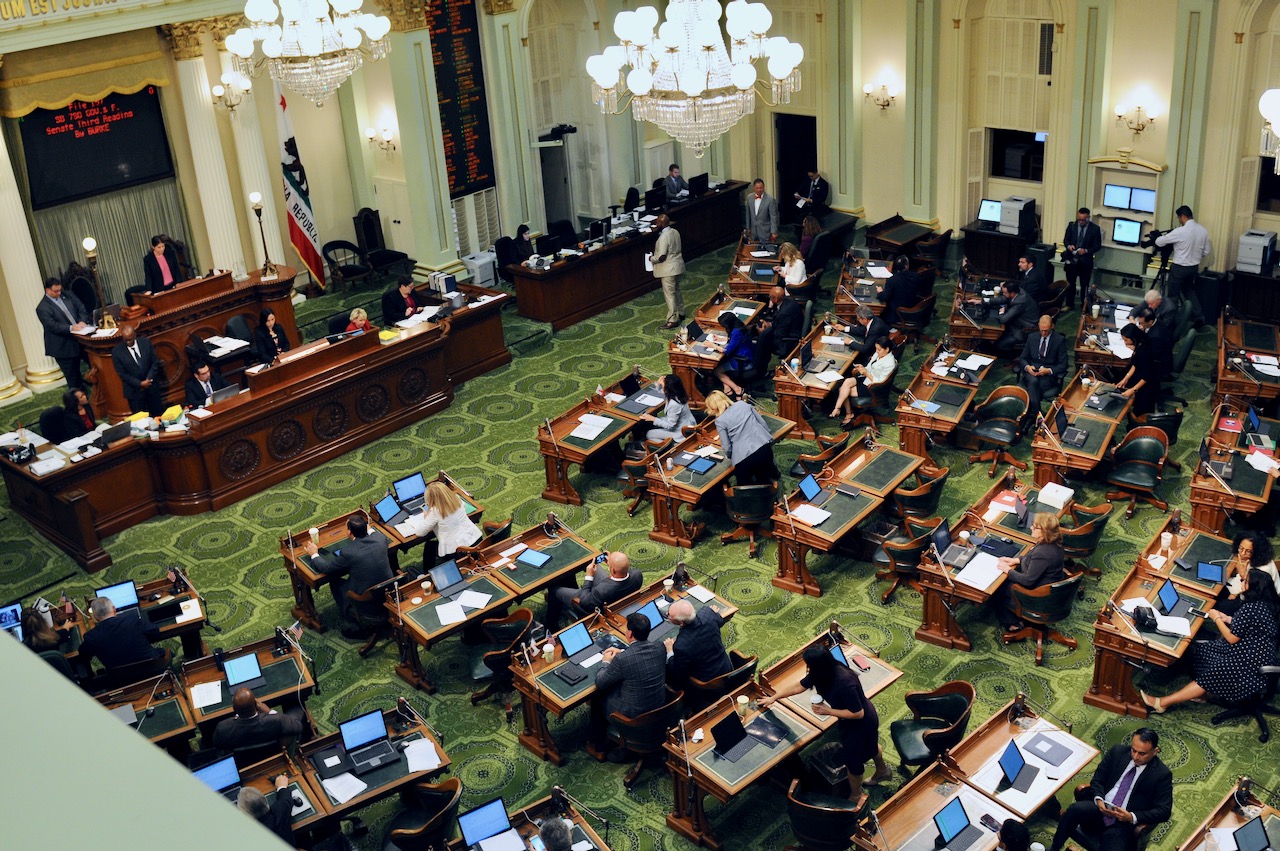
California State Capitol (Photo: Kevin Sanders for California Globe)
Frequently Asked Questions about a Special Order of Business
Where is a special order listed for a committee hearing?
By Chris Micheli, March 21, 2024 2:45 am
What is a special order of business? The Office of Legislative Counsel defines “special order of business” as when, occasionally, a bill is of such importance that advanced notice is given about when it will be considered in the full Assembly, Senate, or committee.
Can a special order of business be used in committees and on the floors? In the California Legislature, it is almost always used in committee, but can be used on the floor.
What is the purpose of using a special order in California? A special order of business is used when a bill or similarly related bills are set to be heard at a specified time and specified order (for multiple bills) at a committee hearing.
When is a special order requested on the Floors? A request for a special order of business may be made during a Floor Session by requesting unanimous consent to set the bill as a special order on a specific date and time.
Where is a special order listed for a committee hearing? When a bill will be heard as a Special Order of Business in committee, it is noticed in the Assembly Daily File or the Senate Daily File for that purpose.
What do the California Senate’s rules say about special orders of business? Senate Rule 30, which is titled “Special Order,” provides: “Any measure or subject may, by vote of a majority of those voting, be made a special order and, when the time fixed for its consideration arrives, the Presiding Officer shall lay it before the Senate.”
What do the California Assembly’s rules say about special orders of business? Assembly Rule 88, which is titled “Motion to Set Special Order,” provides: “A motion to set any matter before the Assembly as a special order of business is adopted by an affirmative recorded vote of 54 or more Members. The motion is debatable only as to the propriety of setting the main question as a special order of business, and may be amended only as to the time.”
- Liability for a Deceased Spouse’s Debt - March 4, 2026
- Wildlife Management Areas - March 3, 2026
- County Revenues for Fish and Game - March 3, 2026




